Once again, Americans are getting ready for a presidential election that is widely described as the most important in their lifetimes. That may or may not be true, but two things are certain: the two candidates, former President Trump and current Vice President Harris, are about as different as different could be, and many Americans wish they had other choices.
But they don’t; either Trump or Harris will be elected in November. With a little more than five weeks left to campaign (although early voting has already started in some states) both candidates are desperately trying to break what the pollsters insist is more or less a tie, both in the national polls and in the so-called swing states whose Electoral College votes will in effect select the winner.
How are the candidates trying to persuade voters who haven’t already made up their minds? How do they ensure that their core voters actually cast ballots, in a country where the highest turnout since 1990 saw 1/3 of registered voters decline to vote in the equally tight 2020 Biden/Trump contest? What do voters see in the candidates that attract or repel them?
Scott Miller, an accomplished political and corporate consultant based in the swing state of Georgia, has some answers or at least some well-informed intuitions. Scott, with a long history of advising successful (as well as the other kind) both Republican and Democrat candidates in national and state elections, continues to be a close observer of American politics; he is one of the “go-to” gurus of U.S. elections.
Who would you vote for and why? Let us know in the comments below.
***
Find the New Thinking for a New World podcast on a platform of your choice (Apple podcast, Spotify, Google podcast, Youtube, etc.)
ABOUT OUR GUEST
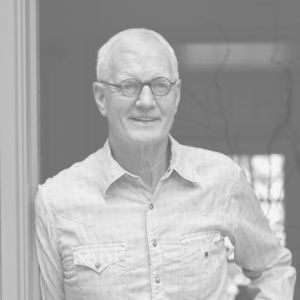 After graduating from Washington & Lee University, and a five-minute shot at the AFL, Scott Miller worked in advertising as Creative Director of McCann-Erickson, then founded Sawyer/Miller Group with David Sawyer. This strategic consulting group developed communications strategy for many political campaigns, corporations and institutions. Among Sawyer/Miller Group’s clients: Corazon Aquino, Vaclav Havel, Coca-Cola, Microsoft, Miller Brewing, Boris Yeltsin, Drexel Burnham Lambert, Kim Dae Jung, Goldman-Sachs, Apple Computer, Virgilio Barco, USA for Africa/Hands Across America, Lech Walesa and The Better World Foundation. Sawyer/ Miller also advised over 40 U.S. candidates for Governor or Senator and several Presidential campaigns.
After graduating from Washington & Lee University, and a five-minute shot at the AFL, Scott Miller worked in advertising as Creative Director of McCann-Erickson, then founded Sawyer/Miller Group with David Sawyer. This strategic consulting group developed communications strategy for many political campaigns, corporations and institutions. Among Sawyer/Miller Group’s clients: Corazon Aquino, Vaclav Havel, Coca-Cola, Microsoft, Miller Brewing, Boris Yeltsin, Drexel Burnham Lambert, Kim Dae Jung, Goldman-Sachs, Apple Computer, Virgilio Barco, USA for Africa/Hands Across America, Lech Walesa and The Better World Foundation. Sawyer/ Miller also advised over 40 U.S. candidates for Governor or Senator and several Presidential campaigns.
In 2012 Scott founded RealLeader.com with Pat Caddell and Bob Perkins, and in 2013 with First Lady Michelle Obama’s “Partnership for a Healthier America” initiative. During the 2014 elections, he founded “WeNeedSmith.com” and “A Promise to America” with Pat Caddell and Bob Perkins. In the 2016 campaign, they provided message strategy support to President Donald Trump.
Scott wrote “Building Brandwidth” with Sergio Zyman, former CMO of The Coca- Cola Company, “The Underdog Advantage” and “The Leadership Campaign” with David Morey and “One More Customer” with Fran Tarkenton. Former Editor of the Times of London James Harding’s book “Alpha Dogs” is based on Miller’s work in politics. Scott is a member of the Council on Foreign Relations and is a Fellow of the Tallberg Foundation.
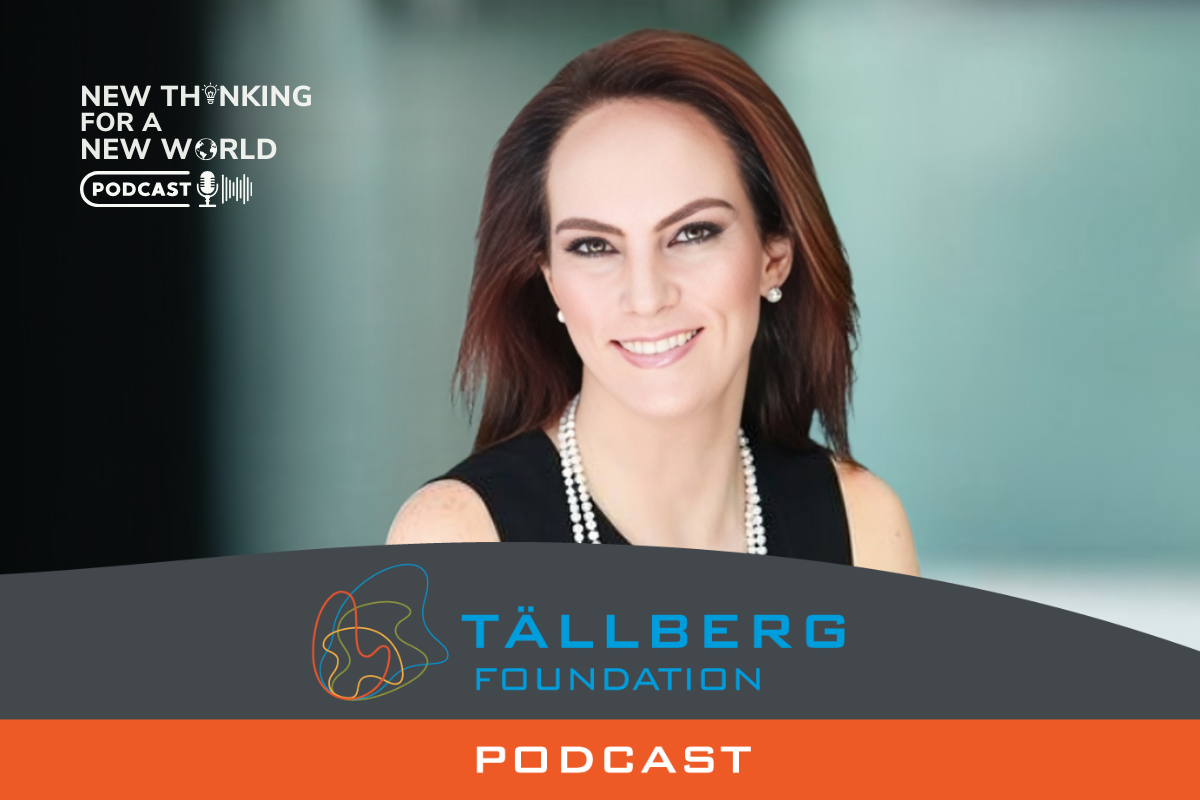
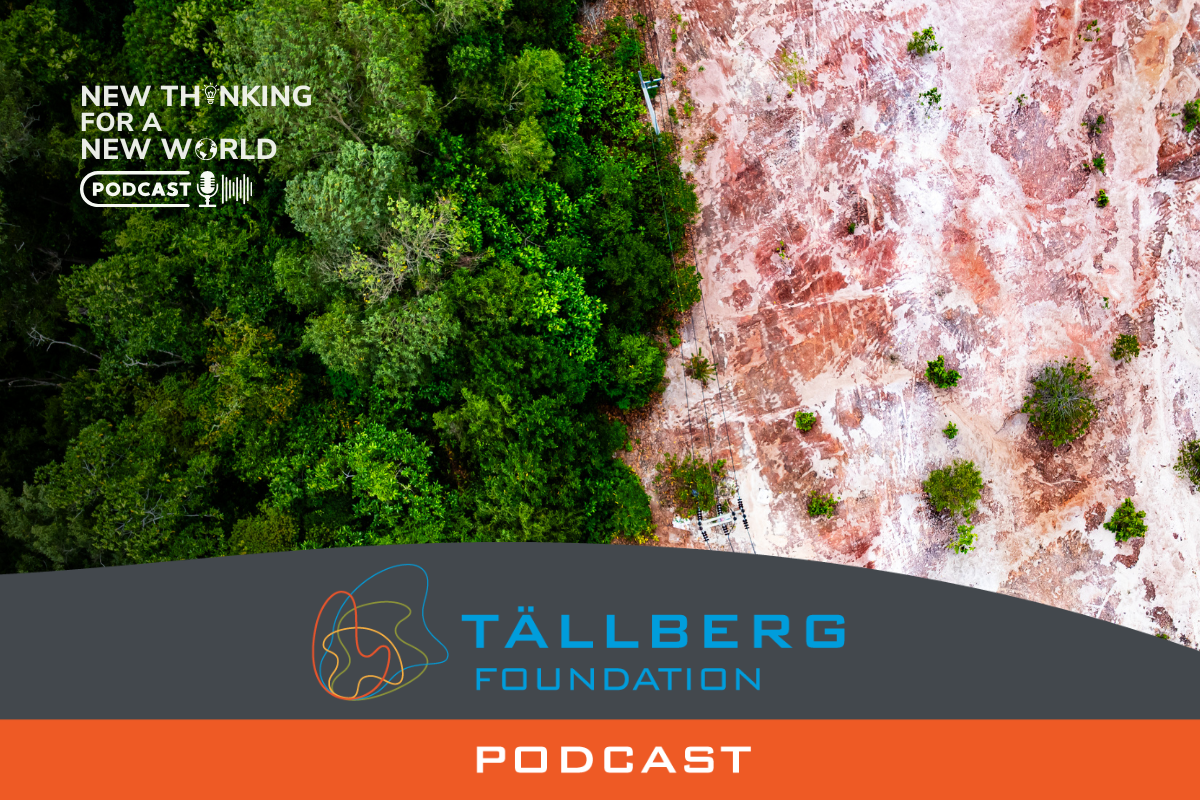
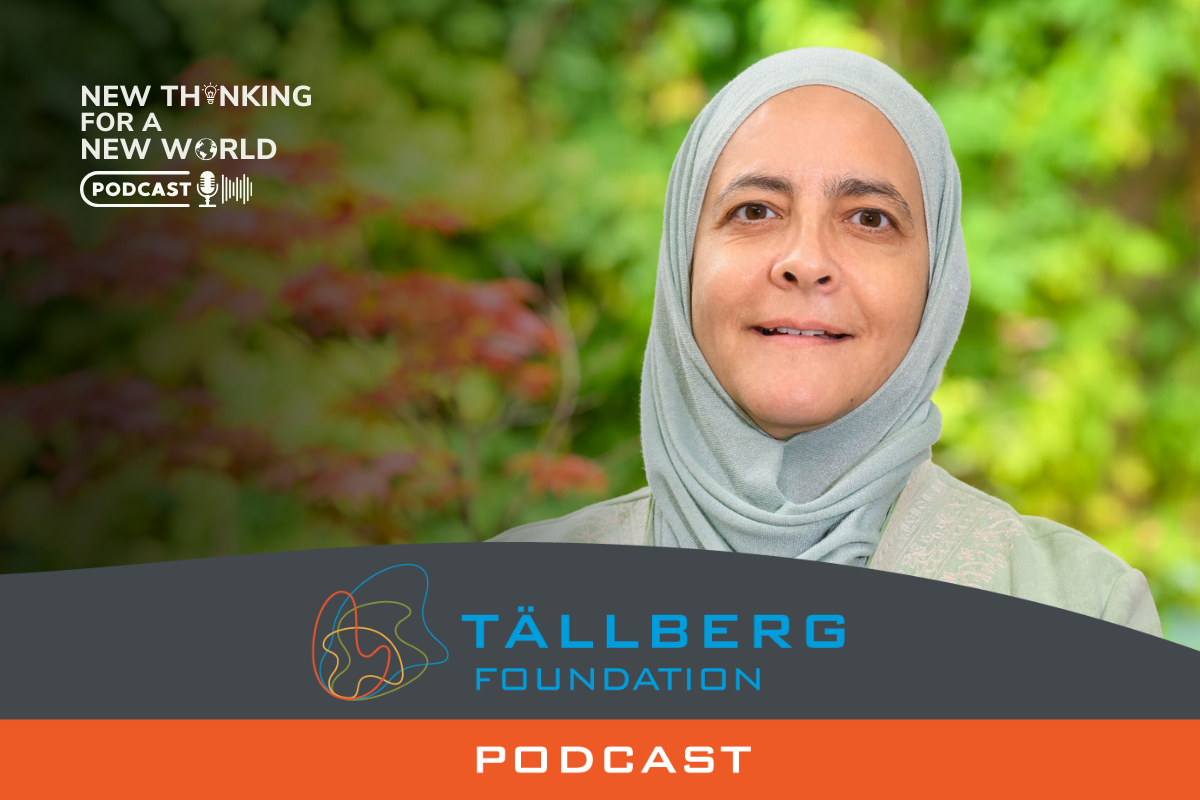
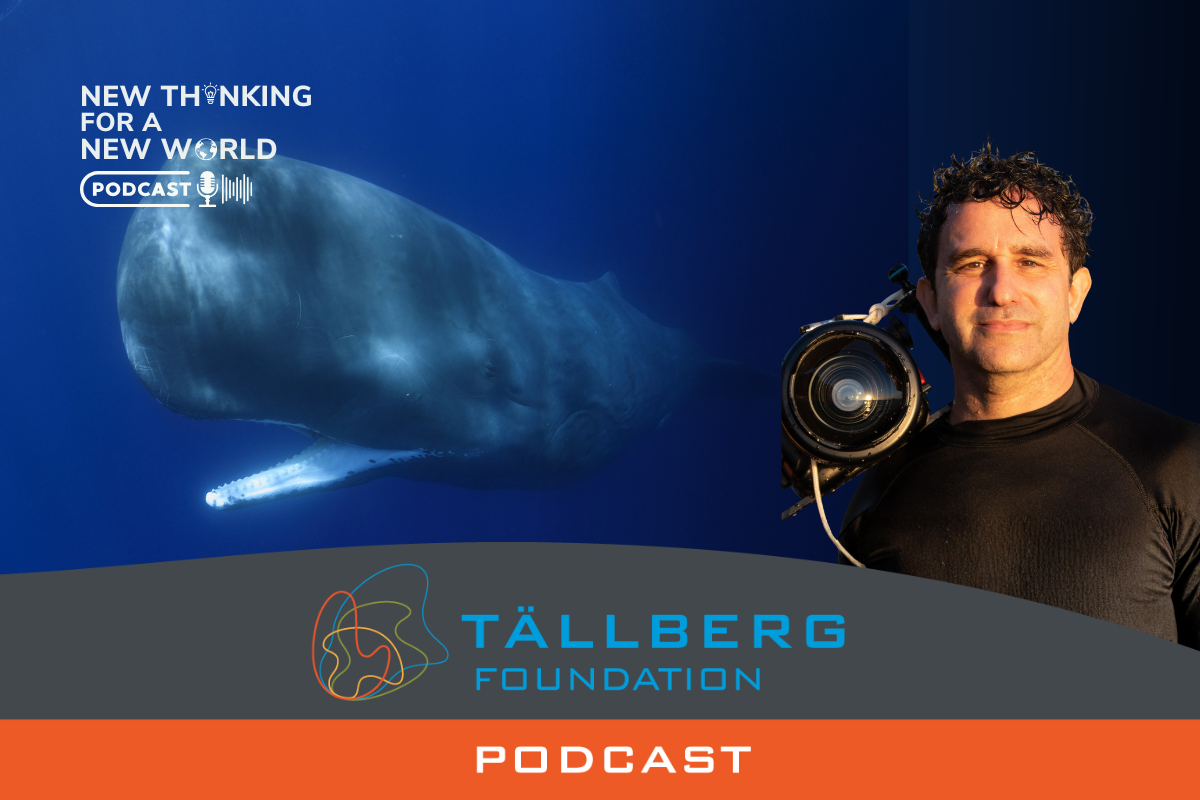
FIGHT INEQUALITY AND ADVANCE ECONOMIC RIGHTS FOR ALL
Protecting human rights in the United States means ensuring that everyone has a standard of living adequate for their well-being, including food, clothing, housing, and medical care, and the right to security in the event of unemployment, sickness, or disability. Yet over 37 million people in the U.S. are living in poverty while tens of millions more live in a state of uncertainty and insecurity, and workers’ rights and labor movements are under attack. At the same time, extreme wealth is concentrated in the hands of a few, and corporate profit margins are soaring. The U.S. has a powerful role to play and a responsibility to help advance economic rights both in the U.S. and internationally.
Candidates should commit to policies that require the wealthy and corporations pay their fair share of taxes; ensure that resources are allocated equitably to remedy systemic discrimination; ensure workers’ rights are respected, including the right to a living wage; and guarantee access to comprehensive, quality care for all people as a right and a public good. Candidates should support international policies related to debt cancellation, international tax reform, and development finance that would boost available resources for governments to pay for social protection and respect, protect, and fulfill economic rights for their people.
From my unique perspective, grounded in love and understanding that we are all love beings existing within LOVE, this election presents a profound opportunity to reflect on the state of our collective consciousness rather than just the candidates themselves. It is a reflection of the underlying energies that are driving human interaction, policies, and the broader future of the country.
I see the challenge before America not simply as a matter of choosing between two individuals—Trump and Harris—but as an opportunity to rise beyond duality and division. The belief that there are only two powers—good and bad, right and wrong—often creates a false dichotomy. This belief in separation has been a source of much of the disharmony we see in the world today, including in politics.
The heart of the matter isn’t just about political preference but about awakening to the love and unity that underpins everything. I truly believe that when we recognize that love is the core of our being, and that challenges are here to foster growth, we begin to see these elections as part of our collective evolution toward a more conscious society. We can acknowledge the candidates’ flaws and merits while recognizing that the real power lies in us—the people. Our beliefs, actions, and choices shape the nation and the world around us.
Voting, in this sense, becomes a powerful expression of love—a way to plant seeds for the type of future we wish to create, one where policies reflect compassion, unity, and growth. The choice before Americans is not just about Trump or Harris, but about whether the collective will rises to meet the higher ideals of justice, compassion, and truth.
I can’t tell anyone whom to vote for, because each person’s path to understanding and consciousness is unique. What I encourage is that this election, like all challenges, should be approached from a place of love and not fear. Fear often fuels division, and division weakens the collective potential for growth. When we vote from a place of love, considering what truly fosters harmony, growth, and understanding, we choose for the greater good.
No matter who wins, the deeper question remains: How will the nation continue to evolve? How will we all grow into the collective consciousness of love and unity that is always present but not always recognized? This election is a part of that process, and it invites each of us to engage in it consciously, knowing that love heals all and that we are shaping the future by what we support, promote, and vote for.
So, for me, this isn’t about one candidate or the other—it’s about a call to higher consciousness, to contribute positively, and to act from a place of love, regardless of the outcome. The light has already won, and the process is unfolding as it should. My vote would be for love in all its expressions, and that’s what I encourage others to do as well.